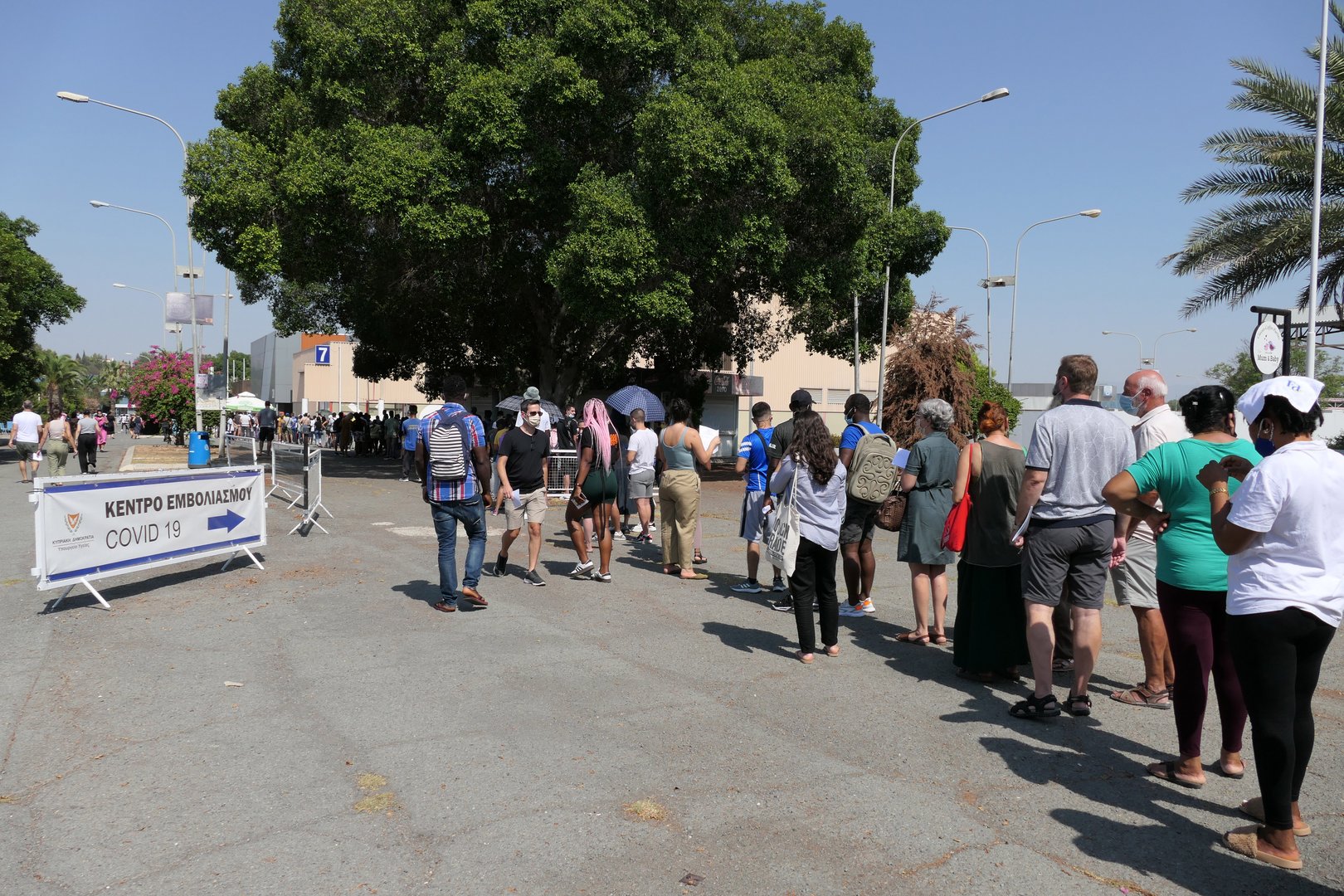2022 in review: Covid became endemic and we got back many of our freedoms, but it’s not over yet
I wrote two dozen features for the Sunday Mail in 2022, but one in particular stands out – an article on the WHO pandemic treaty, published on June 12.
The piece did well, but not spectacularly well (around 1,750 views on our website). I guess it didn’t sound especially important, or urgent, that the World Health Organisation is planning a legally binding global treaty to deal with pandemics. Besides, as I wrote in the article, “The idea is to present a report to the Health Assembly in 2023 with the aim of adopting a treaty, or other instrument, by 2024.” That’s a long way off.
Then again, that was six months ago – and right on cue, on December 7, the WHO announced on its website that “WHO member states agree to develop zero draft of legally binding pandemic accord in early 2023.” Negotiations will start in February.
A pandemic treaty is coming, in other words – and, though resistance is brewing in some countries, Cyprus isn’t one of those countries.
Even at the time, back in June, our health minister pledged his support. Since then, in October, news arrived of an agreement to establish a WHO country office in Cyprus, making it even more unlikely that our politicians would fight against such a treaty.
Should they (or anyone) fight against it? I’d encourage readers to read the article, if they haven’t already, and make up their own minds. Even more, I’d encourage them to resist the temptation of believing that Covid is ‘over’, and treating the past three years as a kind of bad dream that we’ve now woken up from.
Even in June, when the article was published, Covid was more or less ‘over’. There were only 30 people in hospital, hardly any in serious condition. The safe pass had largely been dropped. Even the mask mandate had just been removed – only to be reintroduced a month later until the end of August, following a surge in new cases.
Even in June, no-one seemed overly worried by the fact that for two months – from December 2021 to mid-February 2022 – unvaccinated people had been completely banned from hospitality venues and many public places.
They were banned even if they could produce a negative test from a few hours earlier. They were banned even though it was known as early as summer 2021, from the data in Israel, that the vaccinated can still transmit Covid and infect others.
Even in June, people seemed to have forgotten that Austria and Germany had been planning mandatory vaccination from March – and only changed their minds because of the arrival of Omicron, which was so widespread it became embarrassingly obvious that being vaccinated makes no difference, at least to infection (Covid vaccines do seem to offer some protection against severe illness).
Even now – let alone in June – we still haven’t had a debate on a vital question to any so-called free society: what if Covid vaccines had been successful in stopping the virus?
The fact that they weren’t, and that Covid became endemic anyway, makes the moral calculus easier – but what if they had been? Would that have justified the government in restricting people’s freedoms and mandating them to get vaccinated, banning or fining those who didn’t?
We need to decide where we stand on this, as a society – because it’ll happen again.
The text of the WHO’s pandemic treaty is still to be negotiated, of course – but it’s reasonable to assume that it’ll empower the taking of measures similar to those that were taken for Covid. The only difference is that they’ll now be decided by technocrats, and member states will be legally bound to implement those decisions.
Some may think it’s a moot point, since Covid is now endemic and there might never be another pandemic in our lifetimes. Maybe so – but note, for instance, that 2022 also saw the publication of Bill Gates’ new book, called How to Prevent the Next Pandemic. Call me cynical, but once you give an organisation the power to manage pandemics, finding actual pandemics to manage is the least of its worries.
Looking back, maybe it was just too early for my article to attract much interest. (We should do a follow-up in 2023.) Or maybe the real reason for the relative indifference is that, even though readers are interested in such matters, they feel helpless to do much about them.
It’s significant, for instance, that I asked a few local politicians to comment on the matter – but only one replied, Panicos Leonidou of Diko. MPs were much more vocal in 2021 when our government proposed a similar law, loudly protesting that it gave the health minister excessive powers – yet they seem more willing to accept from outsiders what they’d consider excessive from our own government. Then again, who wants to go against the global consensus?
The treaty may turn out to be totally innocuous. We just don’t know (yet). Safeguards may be put in place to prevent, for instance, mandatory vaccination, or the suppression of opposing views (a.k.a. ‘misinformation’). Maybe it won’t even be enforced for many years. Or maybe it’ll be enforced straight away, for the new Covid or the new monkeypox, forcing us to restrict our society in ways we don’t want and never voted for.
As we head into 2023 – and beyond – all we can do is wait and wonder.







Click here to change your cookie preferences